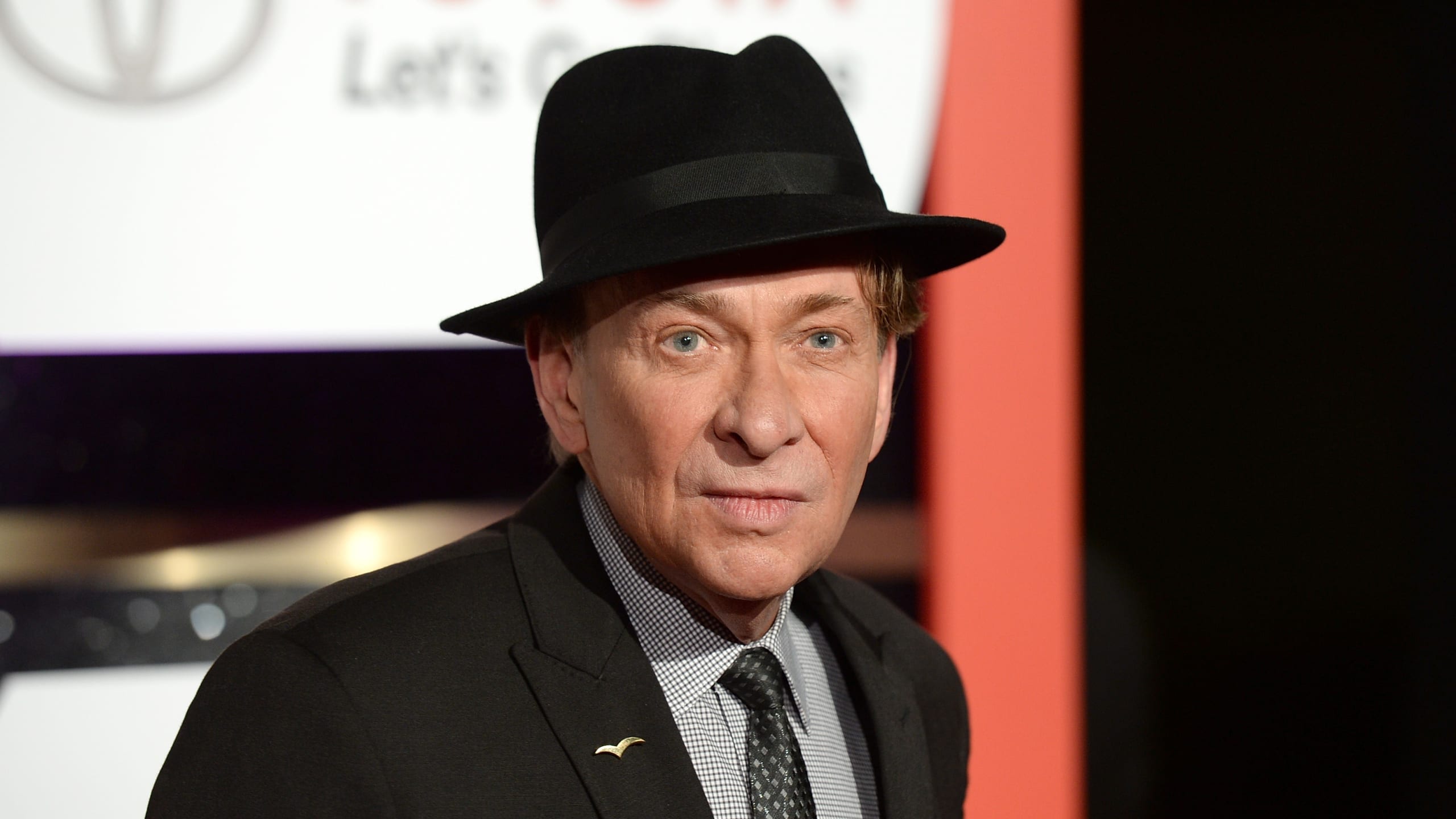Editor’s note: The following article is an op-ed and the views expressed are the author’s own. Read more opinions on theGrio.
Authenticity and consistency. That garners respect from the Black community, especially in culture and entertainment. Many white artists have used Black music to propel themselves to success. And while sometimes that music can sound good, there’s a thin line between appreciation and appropriation.
Bobby Caldwell walked that line better than most. Throughout a career that spanned four decades, he dabbled in soul, R&B, pop and jazz. The singer-songwriter few people knew was a white man died on Tuesday at age 71.
Caldwell’s connection to the Black community is an anomaly, not just because he was white. The community’s collective and long-running admiration for him is not just because he was authentic and consistent in incorporating Black music into his artistry, but because most Black people love him because of a select few songs very early in his recording career.
The crux of Caldwell’s permanent place at the proverbial cookout rests primarily on three of his songs: “What You Won’t Do For Love,” from his 1978 album of the same name; “My Flame,” also from “What You Won’t Do For Love; and “Open Your Eyes,” from 1982’s “Cat in the Hat.”
Those three songs are better barbecue playlist fodder, but they connected with his unintended kinship with the hip-hop community. They are the source of some of the finest rap and contemporary R&B records of the last 30 years.
“What You Won’t Do For Love”
Those two opening chords on the Fender Rhodes, followed by a soothing earworm of a horn line, excite everyone. Once Caldwell belts out, “I came back to let you know … gotta thing for you, and I can’t let go.” The “What You Won’t Do For Love” theme takes its cues from Bill Withers’ “Use Me.” Both are songs about men…
Read the full article here



